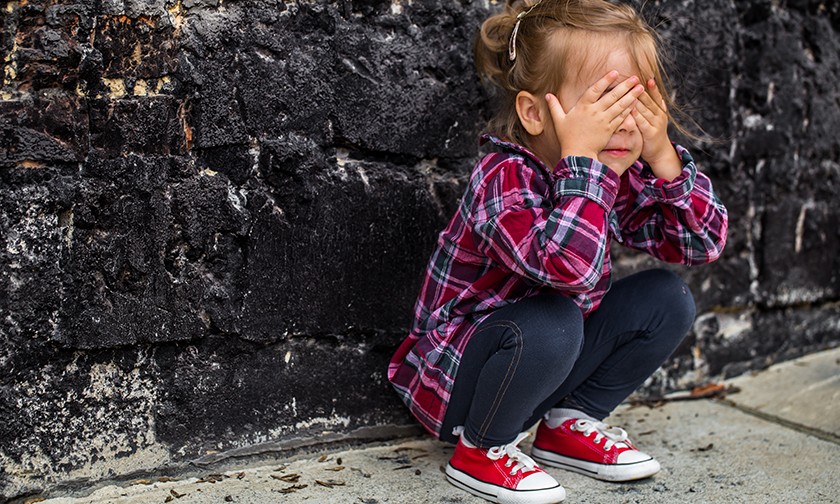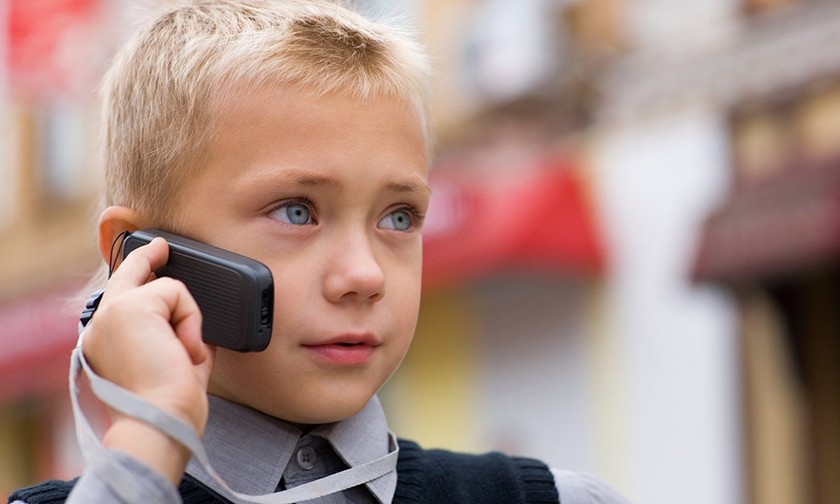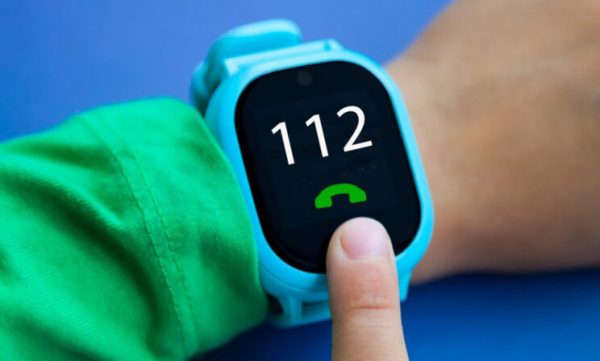 A 9-year-old girl died in Chita. She was shot by a drunk neighbor through the door. Before that, the schoolgirl posted a video in the social network where she said that a man was trying to break into the apartment. She did not call 112. How can children call for help and how should they talk to an operator to make them believe? The City Monitoring Center of St. Petersburg told about this.
A 9-year-old girl died in Chita. She was shot by a drunk neighbor through the door. Before that, the schoolgirl posted a video in the social network where she said that a man was trying to break into the apartment. She did not call 112. How can children call for help and how should they talk to an operator to make them believe? The City Monitoring Center of St. Petersburg told about this.
When should children call 112?
In any situation when the child does not feel safe:
-
They were left alone at home and are scared,
-
Their mom does not come home from work for a long time,
-
Strangers are trying to enter the apartment,
-
They felt unwell or got injured,
-
An adult needs medical help, they are unconscious,
-
They smelled gas,
-
They saw smoke coming out from a neighboring apartment,
-
They got lost on the street or in a shopping center.
In any unclear situation, the child can call 112, and operators will help them. There have been cases when the 112 employee talked to the child until emergency services arrived, because they were scared. And this is normal. The service does not set clear time limits for staying on the line like “60 seconds and not a second more”.
What questions does the operator ask the child?
When a call comes to the 112 service, the operator asks both an adult and a child the same questions:
-
What are your first and last name?
-
What is your emergency?
-
Where are you located?
-
What is your phone number?
The operator also asks if there is someone nearby. They ask not only children, but also adults this question, if, for example, the caller cannot tell the address of their location.
What if children don’t know the exact address where they are?
If there is no one nearby, and the person cannot specify their location, the operator uses the geolocation data.
The operator sees the geolocation of the phone from which the child is calling, and they can ask a few clarifying questions depending on what is on the map near the caller. For example, if there is a railway or some building on the map near the call location, the operator will check whether the child can see them. The operator enters all these details in an electronic card which they will send to the emergency service.

Where does the 112 service send the child’s inquiry?
The operator asks the caller the necessary clarifying questions, fills out and sends an electronic card to the appropriate emergency service, and continues the conversation if the situation requires it.
If an incident requires an integrated response: the Ministry of Emergency Situations, the ambulance, and police, – the 112 operator sends the card to all these emergency services at once.
After that, they no longer actually see the progress of the incident, but they see the status change to “In progress”, which means the help is already on its way.
What are the emergency service numbers other than 112?
The 112 number does not replace the existing numbers for emergency response services. You can also call the numbers for each of them separately:
Fire department – 101 (from a mobile phone), 01 (from a landline phone).
Police — 102 (from a mobile phone), 02 (from a landline phone).
Ambulance — 103 (from a mobile phone), 03 (from a landline phone).
Gas emergency service — 104 (from a mobile phone), 04 (from a landline phone).
Can the operator not process an inquiry from a child?
No. There is no division for calls based on the caller’s age in the 112 emergency call service of St. Petersburg. The 112 operator will always process a call from a child as well as from an adult. The response protocol is the same: they first ask what happened, and then ask clarifying questions depending on the emergency.

Can the operator consider the call to be a prank?
If children are fooling around, then at some point, they either start giggling, or someone nearby cannot hold the laughter. The voice is also quite cheerful and confident in such cases. And children usually do not ask for help in such situations, but quickly blurt out some prepared phrase and hang up. In such cases, our operators call back to the identified number and clarify the information.
In any case, the operator will register such a message and send it further to emergency services for processing.
The operator cannot simply ignore the call. In the case when the service receives the call, but no one is answering the questions or some sounds, for example, baby babbling, are heard on the line, the operator disconnects and calls back to the identified number. It happens that the mother gave the phone to the child and they accidentally made the call. In this case, after clarifying the circumstances, the service does not process the inquiry. If the call is not answered, then the service processes the inquiry and sends it to the police.
If a child calls the operator, but something seems strange or unusual in the conversation, the service files the inquiry with an appropriate note, for example, “laughter in the background”, and forwards it to the police.
Can such a “prank” be punished?
If it was a deliberately false call and the “prankster” is already 16 years old, they can be held administratively liable. A false report of a terrorist attack implies criminal liability (under article 87 of the Criminal Code of the Russian Federation, a person who has reached the age of 14, are criminally responsible).
If an administrative offense is committed by a teenager under the age of 16, and a criminal offense is committed under the age of 14, they are not held responsible, and the case is referred to the commission on juvenile affairs, which applies educational measures to teenagers.
In addition to these measures, the parents of a minor violator are held administratively liable: they are given a warning and fined. And teenagers get registered in the juvenile affairs units.
Translated by Julia Frolova

















